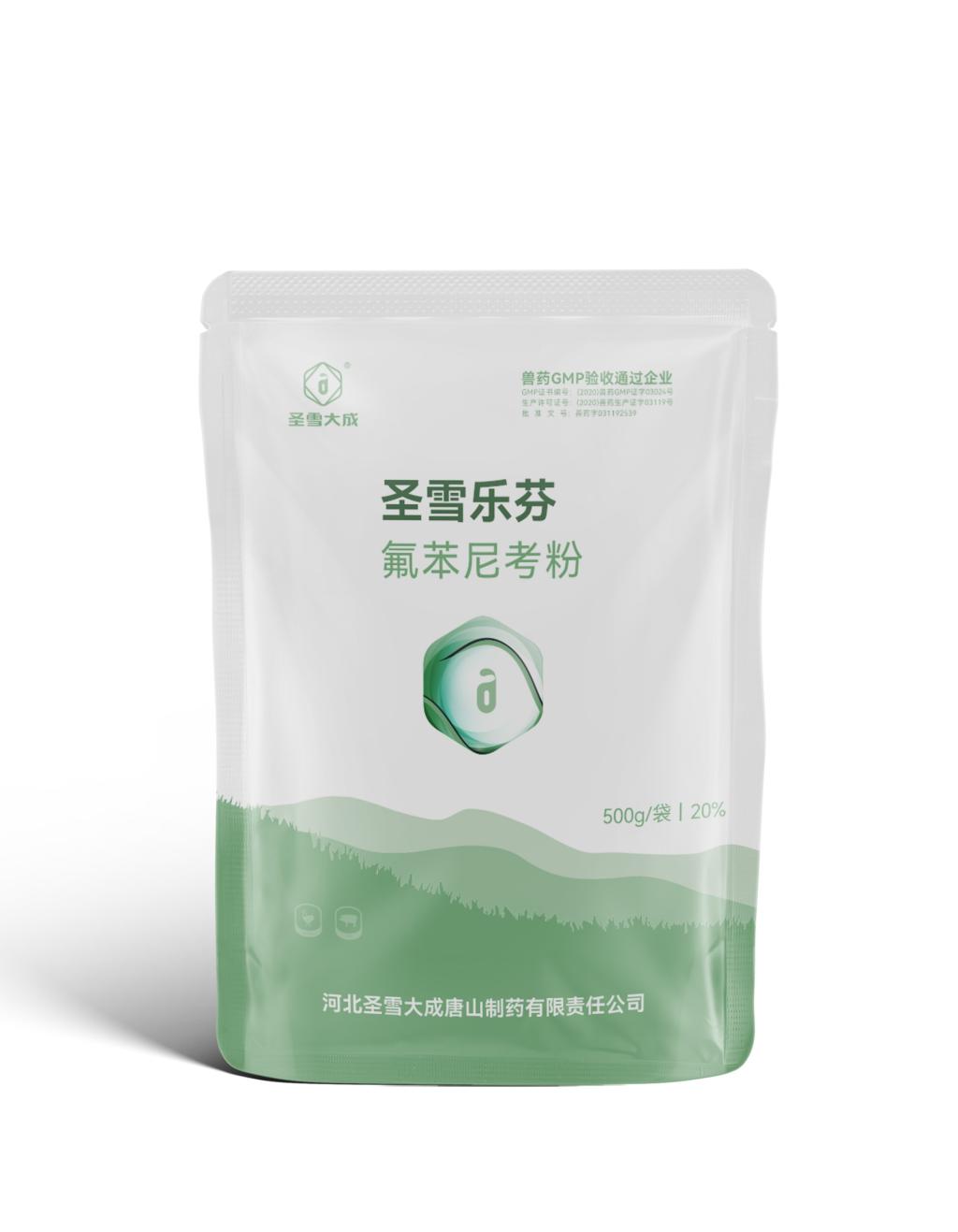Tel:+8618231198596

News
 CONTACT
CONTACT
 CONTACT
CONTACT
- Linkman:Linda Yao
- Tel: +8618231198596
- Email:linda.yao@dcpharma.cn
- Linkman:CHARLES.WANG
- Department:Overseas
- Tel: 0086 0311-85537378 0086 0311-85539701
News
Current Position:
Home >
News
>Florfenicol Powder should be stored correctly to maintain its effectiveness.
Florfenicol Powder should be stored correctly to maintain its effectiveness.
TIME:2024-09-19
The Importance of Proper Storage
Storing florfenicol powder appropriately is crucial for several reasons:
Maintaining Potency: Proper storage conditions help maintain the drug's strength and efficacy, ensuring that it will perform as intended when administered.
Preventing Contamination: Correct storage practices help prevent contamination, which could introduce additional pathogens or compromise the drug's integrity.
Extending Shelf Life: Adequate storage can extend the shelf life of the medication, reducing waste and ensuring that it remains usable until its expiration date.
Storage Conditions for Florfenicol Powder
To ensure that florfenicol powder retains its effectiveness, follow these storage recommendations:
1. Temperature Control
Florfenicol powder should be stored at room temperature, typically defined as between 15°C to 30°C (59°F to 86°F). Avoid exposing the medication to extreme temperatures, such as direct sunlight or freezing temperatures, which can degrade the chemical structure of the drug.
2. Humidity Prevention
Keep florfenicol powder away from humid environments, as moisture can cause the medication to clump or degrade. Store the powder in a dry place with controlled humidity levels.
3. Light Protection
Light can also degrade florfenicol powder. Store the medication in a dark place or in opaque containers that block light. If the packaging is transparent, consider storing it in a dark cabinet or drawer.
4. Secure Packaging
Ensure that the original packaging is intact and secure. Do not transfer the powder to other containers unless absolutely necessary, and if you do, make sure the new container is airtight and suitable for the storage of pharmaceuticals.
5. Expiration Dates
Check the expiration dates regularly and discard any expired medications properly. Using expired florfenicol powder can be ineffective and potentially dangerous.
Tips for Handling Florfenicol Powder
Proper handling of florfenicol powder is also important for maintaining its effectiveness:
Label Clearly: Ensure that the container is clearly labeled with the name of the medication, the concentration, the date of receipt, and the expiration date.
Record Keeping: Keep records of the storage conditions and monitor the temperature and humidity levels periodically.
Access Control: Store florfenicol powder in a secure location, limiting access to authorized personnel only.
Common Mistakes to Avoid
Avoid these common mistakes that can lead to degradation of florfenicol powder:
Storing Near Heat Sources: Avoid placing the medication near radiators, heating vents, or other heat sources.
Exposure to Air: Once opened, try to limit the exposure of the powder to air to prevent oxidation.
Mixing with Other Medications: Do not store florfenicol powder together with other medications or chemicals, as cross-contamination can occur.
Conclusion
Correct storage of florfenicol powder is vital to ensure its effectiveness in treating bacterial infections in animals. By following the recommended storage conditions and handling tips, veterinarians and animal caretakers can maintain the quality and efficacy of the medication. This not only guarantees the best possible outcomes for the animals under treatment but also helps to prevent the misuse and potential degradation of this valuable antibiotic resource. Always refer to the manufacturer's guidelines and consult with a veterinarian for specific storage instructions for the particular brand of florfenicol powder being used.
- Tel:+8618231198596
- Whatsapp:18231198596
- Chat With Skype







